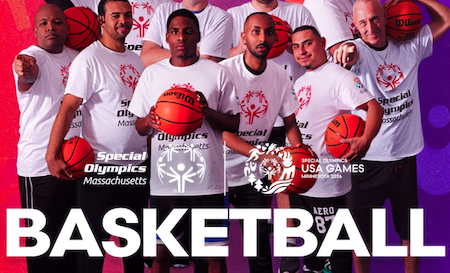
Did you know how many steps you should take per day by walking? The advice that we should take 10,000 steps per day is more of a marketing concept than based on your health. Taking far fewer steps may have notable benefits.
According to Dr. I-Min Lee, a professor of epidemiology at the Harvard T.H. Chan school of public health and an expert on step counts and health, the 10,000 steps target became popular in Japan in the 1960s because it was part of a marketing campaign leading up to the 1964 Tokyo Olympic Games. The Japanese characters for 10,000 resembles a walking man, so pedometers were called the 10,000 steps meter.
Even today fitness tracker devices often recommended we take 10,000 steps per day to decrease problems like heart disease, obesity, high blood pressure, dementia, depression, type 2 diabetes and more problems.
We can set high goals by walking or exercising everyday or hiking. We can listen to the recommendation of the U.S Department of Health and Human services with 150 minutes a week of moderate-intensity exercise, such as brisk walking, hiking or running or 5K races. But we can’t just jump feet first into the 150 minutes goal. Start where you are and gradually increase your activity or exercise week by week. Average U.S adults take 3,000 to 4,000 steps per day which is the equivalent of about 1.5 to2 miles.
This would work with walking clubs that Special Olympics offers throughout the state—like the ones out of Leominster, Western Ma, Weymouth, Waltham, Milford, Tops-field,Wakefield/Saugus, Northborough, and Worcester. Walking clubs can help people with their steps and athletes and coaches even use Fitbit trackers and Apple Watches and apps on your phone to help get their steps in. You don’t have to be an advanced athlete to participate in walking clubs, you can sign up for walking clubs anytime through Special Olympics.
We even had a Steps Challenge this past spring, leading upto Summer Games.
The Challenge: Can you reach 300,000 in 6 weeks?
When? The challenge was held from April 10th - May 22nd
Where? Special Olympics tracked everyone's progress through our very own App called SO FIT NOW. This can be downloaded for free on any smartphone. It can also be accessed through an internet browser on the computer. Steps can be done by individuals, whenever, wherever.
“We did this ‘pilot’ step challenge to see if we could run a similar one for the whole state,” said Special Olympics MA Manager of Community Engagement and Fitness, Vicky Dinatale. “We want fitness to be accessible for everyone. This particular step challenge was great because it allowed athletes to pick the activity that they wanted to do. The app is a great tool because it converts different types of activities to steps, again allowing an individual to do any type of activity.”
Most importantly, we need to stay hydrated with water and more drinks to help ourselves with walking, running, hiking and exercising. Even just walking to get a cup of water adds steps and keeps you active! A good idea could also be to set alarms on your phone or fitness tracker to remind you to walk, run, hiking or exercise. We can challenge ourselves with exercising and watching videos of exercise challenges and move at least an hour of your time.
“My hope is that these challenges will help motivate athletes to get active or remain active,” said Vicky. “Since not everyone is able to make a walking club or fitness class near them, I hope these types of challenges will help individuals realize there are many ways to stay active and that it can be fun.”




.jpg)

.jpg)
.png)



%20logo%20sm.svg)
